Yoshie is a member of the theatre club in high school. Due to her older sister Keiko, Yoshie begins acting in a indie film with her friend Akari and theatre club president Aki. Their sadistic director Naomi (Asaka Nakamura) pushes them psychologically and their relationship begins to change.
Related Movies

Terror of Mechagodzilla (1975)
A submarine expedition to salvage the remains of Mechagodzilla is thwarted by a massive dinosaur named Titanosaurus. An Interpol investigation leads biologist Ichinose to uncover the work of Dr. Mafune and his mysterious daughter Katsura. Aligned with the Black Hole Aliens, Katsura's life becomes entwined with the resurrected machine.

ICHI (2008)
Ichi is a blind entertainer that travels the countryside with her traditional Japanese guitar and walking stick. She’s in search for the kind man that brought her up as a child, but because of her beauty she encounters problems every step of the way. Fortunately for Ichi, she is also a gifted swordswoman and carries a lethal blade within her walking stick.
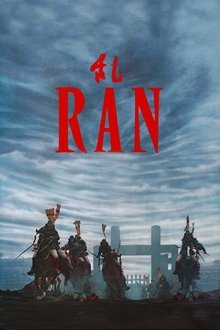
Ran (1985)
Shakespeare's King Lear is reimagined as a singular historical epic set in sixteenth-century Japan where an aging warlord divides his kingdom between his three sons.
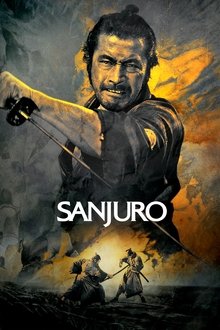
Sanjuro (1962)
Toshiro Mifune swaggers and snarls to brilliant comic effect in Kurosawa's tightly paced, beautifully composed "Sanjuro." In this companion piece and sequel to "Yojimbo," jaded samurai Sanjuro helps an idealistic group of young warriors weed out their clan's evil influences, and in the process turns their image of a proper samurai on its ear.
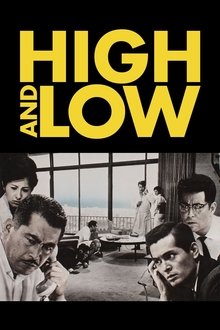
High and Low (1963)
In the midst of an attempt to take over his company, a powerhouse executive is hit with a huge ransom demand when his chauffeur's son is kidnapped by mistake.
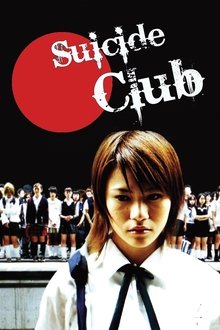
Suicide Club (2001)
When 54 high school girls throw themselves in front of a subway train it appears to be only the beginning of a string of suicides around the country. Detective Kuroda tries to find the answer to this mystery, which isn't as simple as he had hoped.
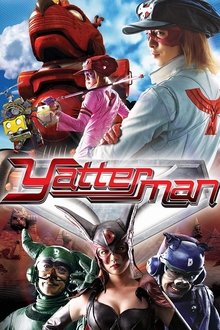
Yatterman (2009)
Gan and his girlfriend Ai are mild-mannered toy shop owners by day but, when evil lurks, they transform into superheroes Yatterman 1 & 2. With the help of a dog-shaped robot, Yatterwoof, they take on the Doronbow gang, lead by the sexy Lady Doronjo. Together, they must stop the evil gang from finding the four magical skull pieces that will allow them to control the world!
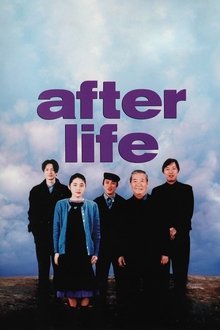
After Life (1999)
On a cold Monday morning, a group of counselors clock in at an old-fashioned social services office. Their task is to interview the recently deceased, record their personal details, then, over the course of the week, assist them in choosing a single memory to keep for eternity.
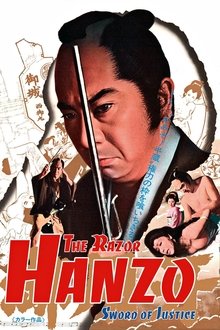
Hanzo the Razor: Sword of Justice (1972)
Fearless Edo-period police inspector Hanzo Itami, nicknamed The Razor, has developed his own unique way of extracting information for his inquiries. His first adventure sees him investigating his superior officer's mistress, whom he suspects of having ties with a reputed criminal on the loose.
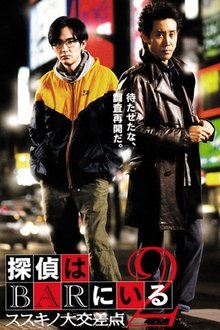
Detective in the Bar 2 (2013)
A friend of the detective has been is murdered. During the investigation, he comes across a source which tells him that his friend was murdered for involvement with the dark side of the political world. On top of that, a woman approaches the detective with a request.
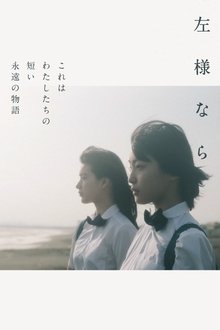
SAYOUNARA (2018)
When Yuki's classmate suddenly dies, rumors begin to spread about her death and the relationships between Yuki and her classmates are disrupted amidst grief and forced normalcy.

Sakuran (2006)
Anna Tsuchiya blasts back in time playing an oiran, a top-notched geisha of the Edo period’s Yoshiwara District, navigating brothel politics while trying to cling to the man she loves.

Hana (2006)
In a poor district of Edo lives a young samurai named Soza. He has been sent by his clan to avenge the death of his father. He isn't an accomplished swordsman however, and he prefers sharing the life of the residents, teaching the kids how to write etc. When he finally finds the man he is looking for, he will have to decide whether he follows the way of the samurai or chooses peace and reconciliation.
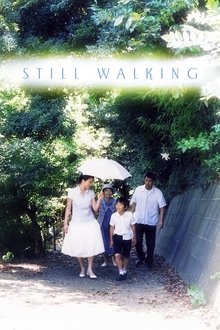
Still Walking (2008)
A family gathers together for a commemorative ritual whose nature only gradually becomes clear.

Air Doll (2009)
A life-size, inflatable sex doll suddenly comes to life one day. Without her owner knowing, she goes for a walk around town and falls in love with Junichi. She starts to date Junichi and gets a job at the same store where he works. Everything seems to be going perfectly for her until something unexpected happens.

ZOKKI (2021)
Five loosely connected storylines concerning the secrets and lies, the fears and tears, and the puerile potty jokes that punctuate the characters' daily (and in one eerie case, nightly) encounters.

A Scene at the Sea (1991)
A deaf garbage collector happens upon a broken and discarded surfboard. The discovery plants in him dreams of becoming a surf champion. Encouraged by his also deaf girlfriend, he persists against all odds.
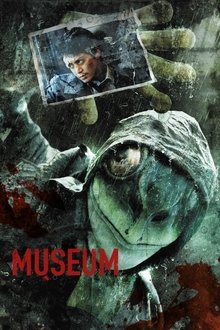
Museum (2016)
In Tokyo, Japan, several grotesque murders take place on rainy days. Detective Sawamura, who is in charge of the case, soon discovers that his own family is connected to the crimes.
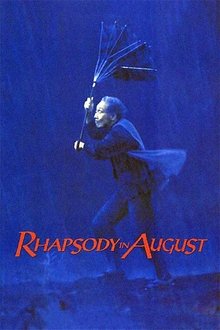
Rhapsody in August (1991)
The story centers on an elderly hibakusha, whose husband was one of 80,000 human beings killed in the 1945 atomic bombing of Nagasaki, caring for her four grandchildren over the summer. She learns of a long-lost brother, Suzujiro, living in Hawaii who wants her to visit him before he dies.
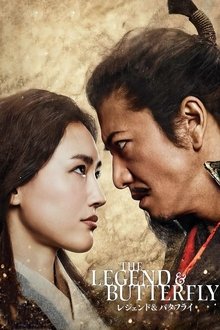
THE LEGEND & BUTTERFLY (2023)
Oda Nobunaga and Nōhime were originally married to mend a hostile relationship between neighbouring regions. Unfortunately, they were like oil and water, making for a somewhat unhappy marriage. When Oda's enemy, Imagawa Yoshimoto, attacks Owari with his vast army, Oda is devastated by the overwhelming gap in military strength. However, Nohime encourages him not to despair, and the pair draw up a tactical plan that will allow them to overcome the odds.